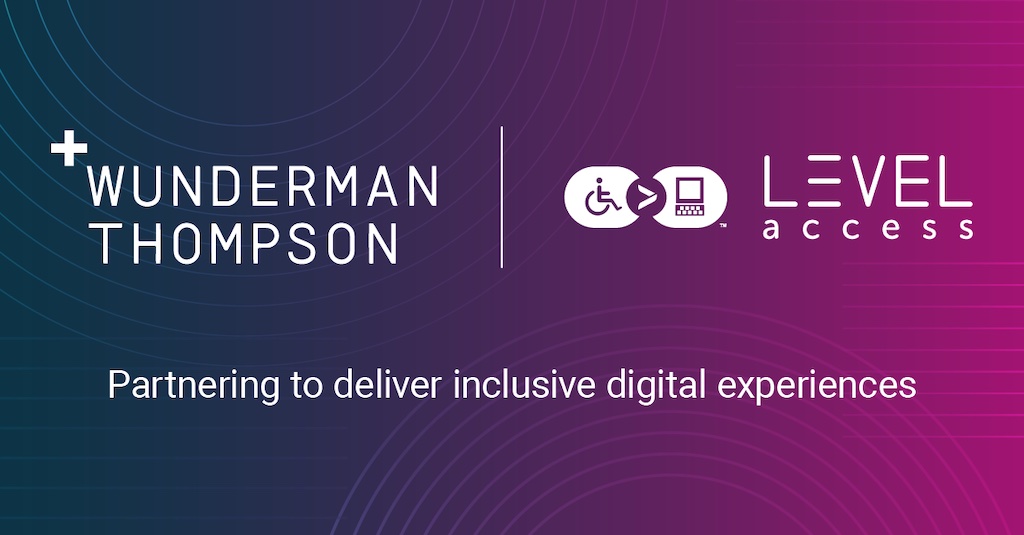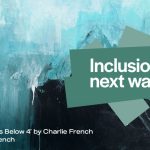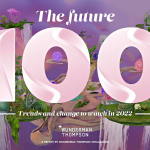Wunderman Thompson today announced its strategic partnership with digital accessibility solution provider Level Access. Wunderman Thompson will leverage Level Access’ software and decades of digital accessibility expertise to design and develop inclusive online experiences, such as websites and mobile apps, for its clients.
More than one billion people worldwide have a disability, making the disability community the world’s largest minority group. And this community is expanding as the population ages.
However, the vast majority of online experiences, including those that are newly created, contain usability barriers for people with disabilities. Both Wunderman Thompson and Level Access are committed to closing this equity gap.
“At Wunderman Thompson, we strive to create accessible, inclusive, and sustainable experiences for everyone,” said Dr. Josh Loebner, Global Head of Inclusive Design at Wunderman Thompson.
“We’ve found in Level Access, among other partners, internal teams and initiatives, the technology, tools, and expertise to help us accelerate accessibility, sharing in our passion to make the world inclusive for all.”
Accessible digital experiences keep brands compliant with anti-discrimination laws, such as the Americans with Disabilities Act (ADA). But, according to Loebner, viewing accessibility purely in terms of compliance diminishes its true value and underestimates the intersectional experiences of disabled and neurodiverse consumers, creators, and stakeholders.
Instead, the network is embedding conversations about accessibility throughout the creative process, so it is seamlessly included, to imbue brand differentiation and immersive experiences for everyone.
“In a world driven by digital connection, the ability to interact with a website or mobile app without barriers is a fundamental human right,” adds Mark Steele, President, Level Access.
“Our partnership with Wunderman Thompson is one we’re very excited about. Our work together will have a tremendous cascading effect, impacting thousands of organizations and the countless digital experiences they create.”
Prioritizing digital accessibility is a tangible way in which brands can support their diversity, equity, and inclusion programs.
Because consumers are increasingly loyal to organizations that prioritize inclusion, digital accessibility is not only good for brand reputation, but also good for business.
“We’re proud to have been the first network to launch an Inclusive Experience Practice in order to bring inclusive design and accessibility to the marketing landscape, and this new partnership will further us on our mission to build a better future for our people, our planet, and our communities,” Loebner added.
MARKETING Magazine is not responsible for the content of external sites.









